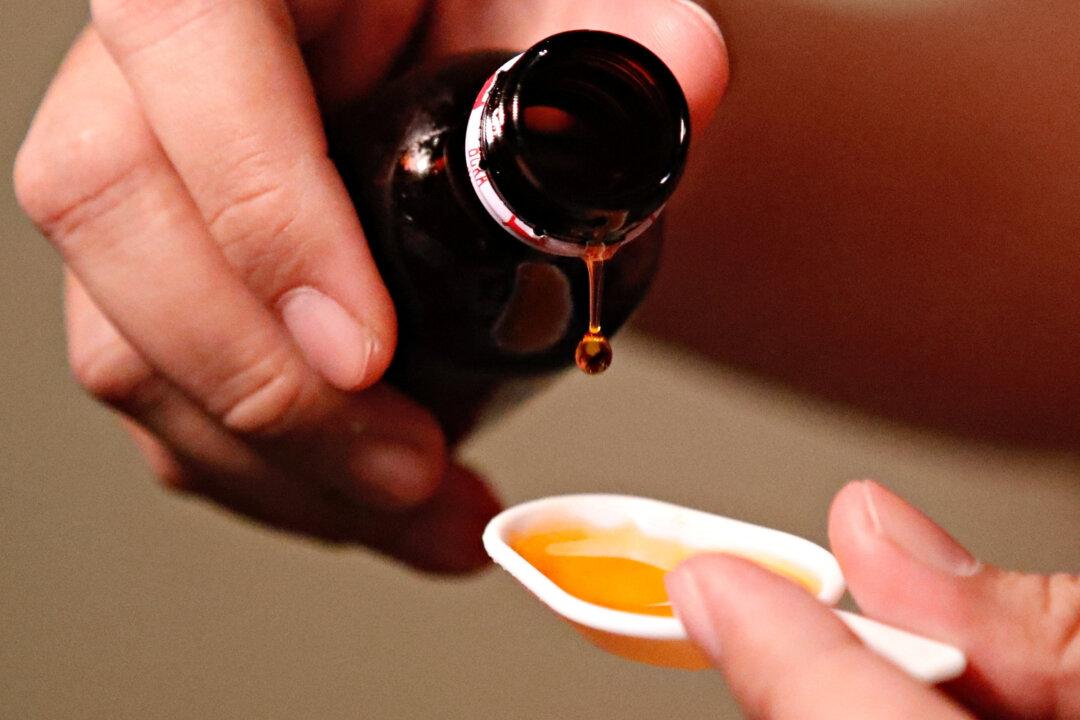A rise in reports of child poisonings linked to the prescription cough medicine benzonatate has been found across the United States in recent years, according to a study conducted by the Food and Drug Administration (FDA).
The study, titled “Benzonatate Exposure Trends and Adverse Events,” was published Tuesday by the American Academy of Pediatrics.




